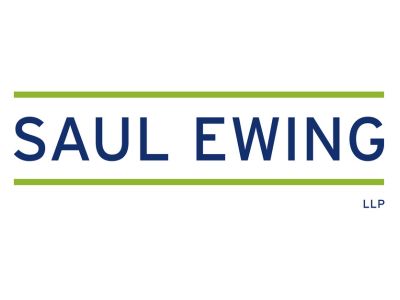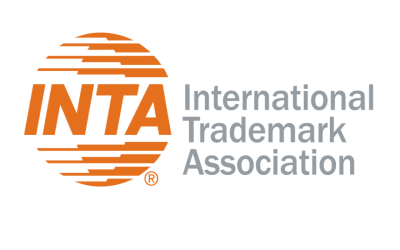“Almost Famous” is one of my favorite movies. There is a scene where Lester Bangs (played by the amazing Philip Seymour Hoffman) is talking to a radio DJ about her song choices and extolls the virtues of The Guess Who over The Doors. While The Guess Who certainly had their share of hits with songs like “American Woman” and “These Eyes,” there really isn’t any dispute that they never reached the level of success and notoriety of The Doors. They had a pretty good run from 1965 to 1975, and then they broke up, never to perform together again with the exception of a few benefit shows.
So, what happens to a band name when a band breaks up? In the case of The Guess Who, there was no agreement between the band members on use, so original bassist Jim Kale registered THE GUESS WHO as a trademark in the United States in 1986 without telling the other band members. He then toured and performed as The Guess Who with a series of replacement players (including original drummer Garry Peterson). At the same time, the original vocalist (Burton Cummings) and guitarist (Randy Bachman) toured as Bachman-Cummings and were highly critical of The Guess Who 2.0, calling it a “bad cover band” on multiple occasions.
All of this went on uninterrupted until earlier this year when Bachman and Cummings filed suit claiming false advertising, unfair competition, and violation of rights of publicity. The complaint states the original band “disbanded in 1975,” and that “no one (including Kale or Peterson) performed live anywhere as The Guess Who in 1977”.
The complaint also states that the band “reunited for the first time in 1983,” which raises the interesting question of abandonment. Under US law, a trademark may be considered abandoned after three consecutive years of non-use. If the mark THE GUESS WHO wasn’t being used to provide “entertainment services” from 1975 through 1983, that is at least seven consecutive years of non-use. By the time Kale filed his US Trademark Application in 1986, the mark THE GUESS WHO could very well have been abandoned. To make matters even more interesting, Bachman, Cummings, and Peterson reunited (without Kale) and toured as The Guess Who from 2000 to 2003.
Notably, the plaintiffs never sought to challenge the US Trademark Registration that Kale obtained in 1986. They most likely had several bases to do so, including the fraud allegation made in the complaint that “no one” was using the mark THE GUESS WHO in 1977.
Kale claimed in his US Application that he was using the mark to provide “entertainment services” as early as November 1, 1977, which, if proven false, could invalidate the registration. If the plaintiffs had challenged the registration back in 1986, and resolved the ownership issue, things might not have escalated to where they are today.
As the above makes clear, the ownership situation for the mark THE GUESS WHO is murky at best. With the benefit of hindsight, it is clear that Bachman, Cummings, Peterson, and Kale should have agreed upon an exit strategy in 1975.
Alternatively, they should have formed a legal partnership to hold and administer their trademark rights. This is what Axl Rose, Slash, and Duff McKagan did when they formed Guns N’ Roses – they created a legal partnership. If you look at US Reg. No. 1,766,309 (for the mark GUNS N’ ROSES) today, it states the owner as “GUNS N’ ROSES [a California Partnership] composed of W. Axl Rose, Saul Hudson, and Michael “Duff” McKagan.” Even better, some bands create a limited liability company or a corporation to hold band intellectual property rights (like trademarks) and then grant the current band members shares in the corporate entity.
If a member is kicked out or leaves, the corporate documents usually state that they must sell their shares back and relinquish control of any trademark rights.
To be sure, there are lessons to be learned from the case of The Guess Who.
How things will play out going forward and who will own the trademark THE GUESS WHO remains to be seen.

Written by Darius C. Gambino
Partner and Chair of the Sports & Entertainment Group, Saul Ewing LLP
You may also like…
INTA files statement in intervention in EU case on the inherent distinctiveness of color combination trademarks
New York, New York—July 24, 2024—The International Trademark Association (INTA) has filed a Statement in...
Bytedance stumbles in Singapore: IPOS rejects TIKI trademark challenge
The social media giant Bytedance, owner of the ubiquitous TikTok platform, recently suffered a setback in Singapore....
TOUR DE FRANCE fails in the third stage against German fitness studio chain
At the end of June, the 111th edition of the Tour de France kicked off. June also saw the end of a dispute between...
Contact us to write for out Newsletter














